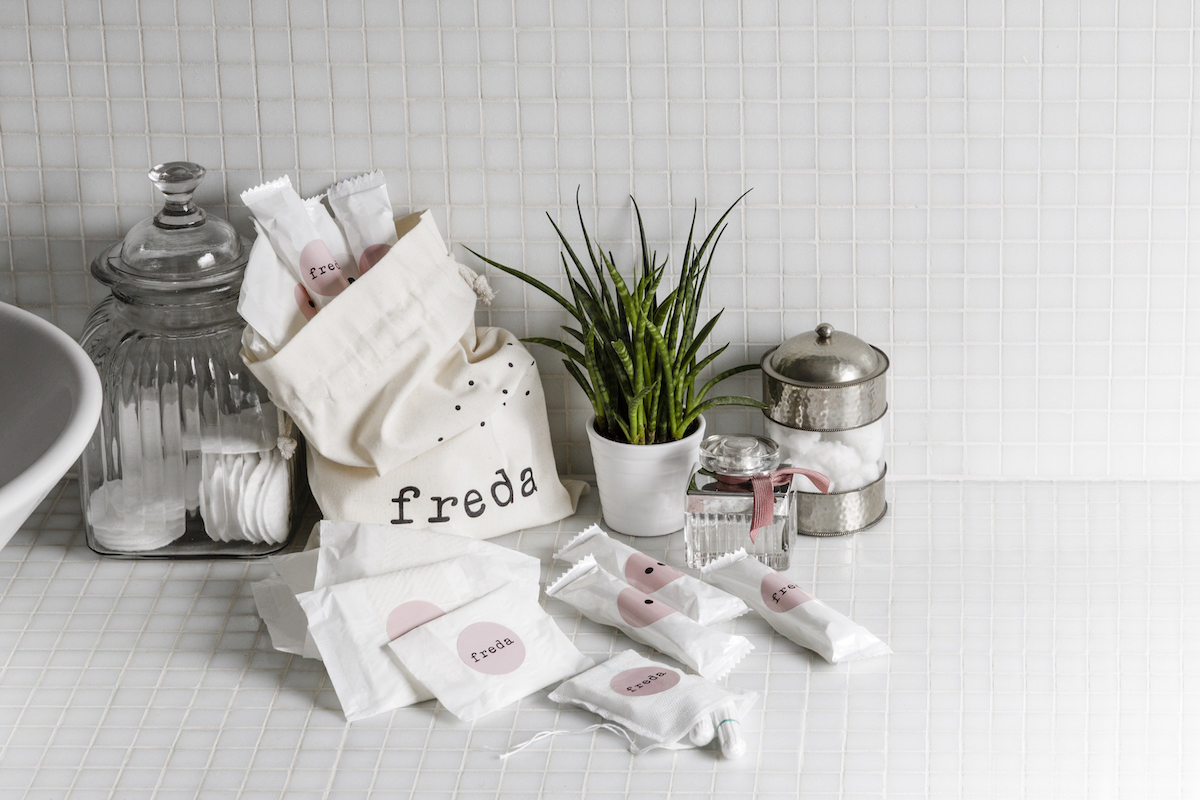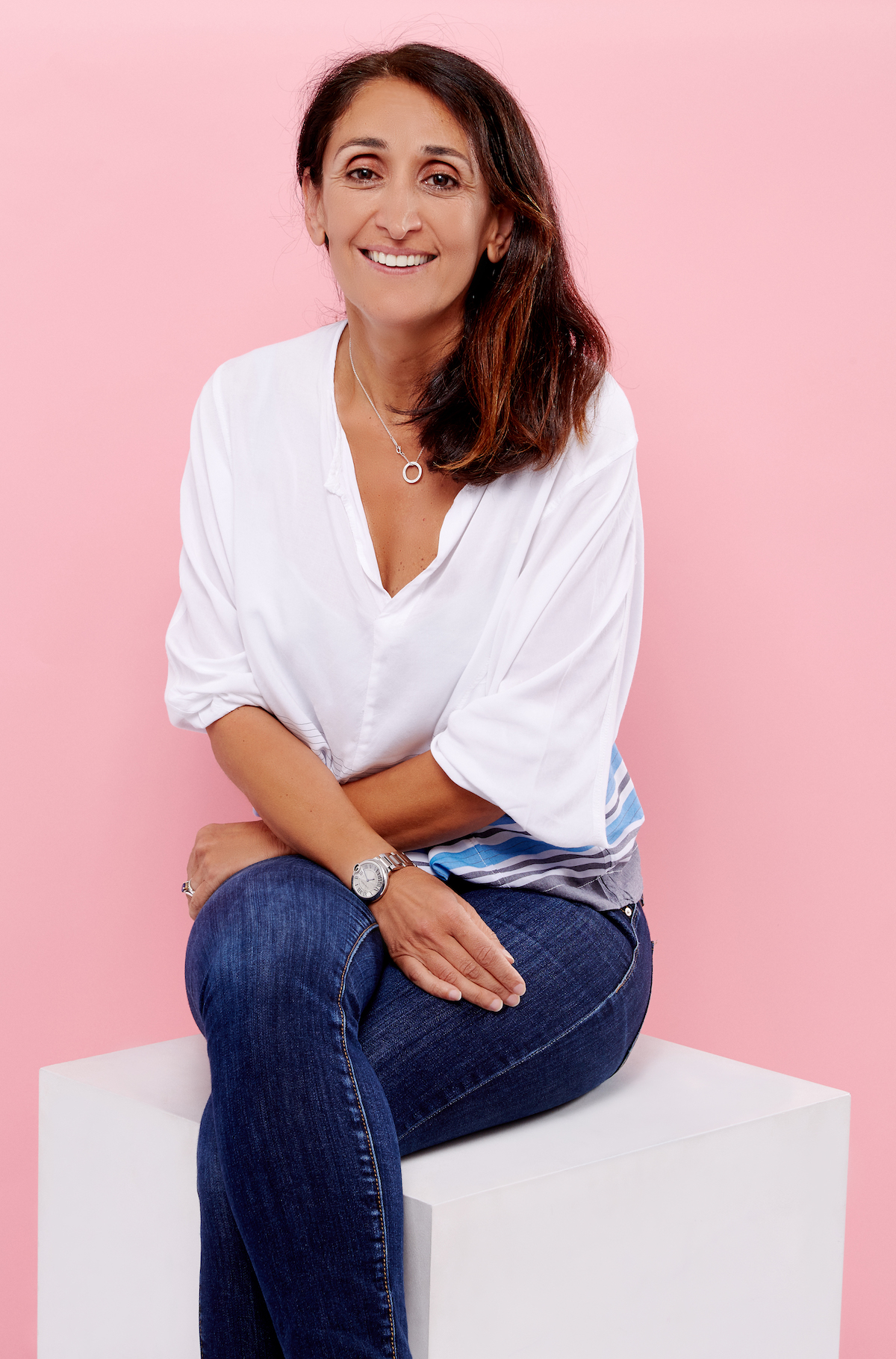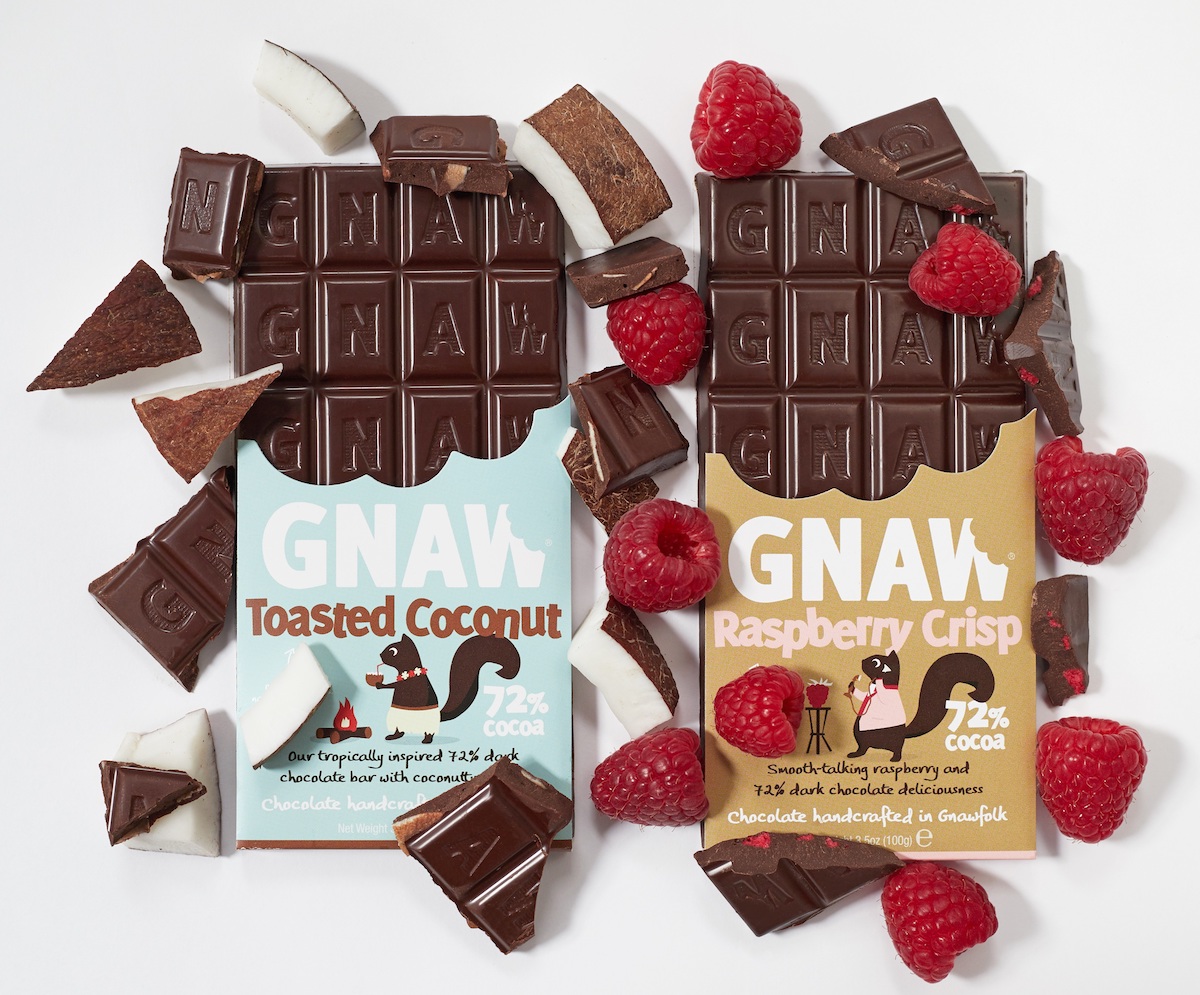Leadership & Strategy
Article
If you’re not learning from competitors then how can you ever improve?

Businesses adept at learning from competitors are always looking for ways to improve, whether that’s avoiding the mistakes close counterparts make or exploiting industry trends to stay ahead of the pack.
Freda is a London-based business riding a new wave in organic feminine care products. Founded in 2017 and with 11 employees, it is challenging the conglomerates that control the market in tampons and sanitary pads.
Operating as a subscription-based service that sells products direct to consumers using frank marketing that is breaking the taboo that surrounds menstruation, it also has a strong social conscience – donating to charities and promoting a “Period Manifesto” that campaigns for free tampons in workplaces and schools.
Don’t replicate, just avoid mistakes

Freda’s co-founder, Afsaneh Parvizi-Wayne, told Be the Business that, as a relatively new company, it’s vital to keep an eye on direct competitors in fast-growing, fledgling markets, as well as those businesses operating in related market sectors. “It’s not so much about replicating your competitors’ business model or product line, but more about what they may be doing wrong and the feedback or reviews they’re getting on social media.”
When you’re one of a few pioneers in a particular market, learning from competitors is a way of getting a steer on a market. “Competitors are part of each company’s learning curve,” said Parvizi-Wayne. “Look at them not to do what they’re doing but to avoid what you think they’re doing wrong.”
Cast your net wide
Parvizi-Wayne doesn’t just look at what direct rivals are up to but at competitors more broadly, from related sectors such as beauty, fashion and food. “Feminine care is lagging behind the trend for health and beauty mainly because of the shame and stigma attached to menstruation,” she explained.
At present, social purpose and sustainability have become bigger concerns to a new kind of buyer. “This consumer isn’t on autopilot and is more conscious of what goes into their products, how sustainable they are and how socially responsible the brand is. Very interestingly, it’s the big brands that are learning from startups like Freda,” she said.
What Freda has learnt from big and small brands is not just to pay lip service to issues like ingredient transparency and social purpose. “Today’s consumer knows that cotton-like comfort doesn’t mean it’s cotton, and they’re also aware that issues like period poverty cannot be solved by brands paying celebrities to encourage the purchase of their products in return for a donation,” said Parvizi-Wayne.
Lead, don’t just follow
While keeping an eye on what competitors and associated brands are up to, Parvizi-Wayne is able to delve into the mindset of a new type of consumer to ensure Freda lives up to their expectations – and continue to disrupt a market dominated by conglomerates. Gnaw, a Norfolk-based chocolate manufacturer, has also found a niche in a market dominated by massive corporates and many direct competitors.
Staying ahead of the pack is what co-founder and managing director Matt Legon has been successful in doing, which can often mean learning from competitors to see what each are up to. But he also likes to focus inward on the business, working out ways to innovate in an original way – rather than copying the crowd.

Gnaw Chocolate was founded in 2011 by husband and wife team Matt and Teri and now employs 35 staff, with all its quirky Gnaw chocolate manufactured at its Norfolk factory. It exports to more than 20 countries, and in 2017 launched a new range of single-origin premium chocolate under the brand Brooke & Amble.
With the market for chocolate in the UK quite saturated, Legon and his team have spent a considerable amount of time undertaking detailed competitor analysis.
Success not always transferrable
“What works for Gnaw won’t necessarily work for others, so it is more important commercially that attention remains on what works for Gnaw Chocolate and our loyal consumers,” he added. “We are driven by our consumers, not competitors. Financially there are very low margins within the chocolate industry and we quickly learnt that it was vital to retain very strong commercial acumen at all times.”
“Our forward-thinking new product development team focus the Gnaw production strategy on consumer trends and demand. A significant increase in those with food intolerances and those making food lifestyle choices along with people looking for healthier choices for themselves and their children led to the development of the latest Gnaw range. We believe that this approach is what makes us truly stand out in a very crowded marketplace”
Don’t obsess over competition
It’s a lesson for SME leaders not to become obsessed with what the competition is doing, and to have faith in your ability to lead by exploring new trends rather than follow the crowd. “Many competitors concentrate solely on UK distribution channels whereas at Gnaw we have ensured that we have responded to the international demand for our chocolate,” said Legon. Gnaw now exports to over 20 countries, launching in France, the US, South Africa, China and Russia this year. Eighty percent of its turnover is from the export market.
As Parvizi-Wayne commented on, competitors of all kinds learn from each other. If you are an SME, be warned that the big corporates will be keeping a close eye on you too.
Have a look at our analysis of continuous improvement, and why it’s important to not just change for change’s sake.